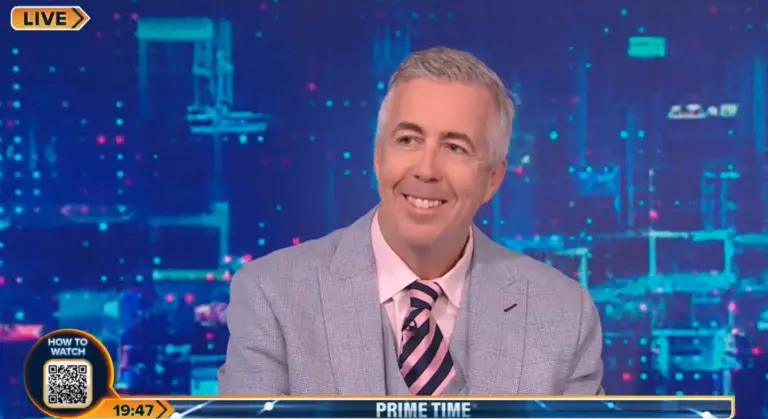The past few years have seen an undeniable cultural shift in how organisations and media outlets view diversity, with consumers having higher expectations from brands. A turning point for many came after the tragic murder of George Floyd in 2020, following which people from across the globe rightly felt compelled to take action. Both individuals and organisations committed to developing their behaviours and business practices to improve equality, inclusion and diversity.
Yet, momentum seems to be waning and there is an acute lack of news about the positive impact that has been felt from these efforts two years on. What was the result of the global swell of organisational pledges to improve hiring practices and fund community initiatives? How many more Board seats are now occupied by people from ethnic minority backgrounds? If many of us are interested in knowing the answers, what can we do to create a media landscape where these questions are addressed?
What makes the news?
As experts in PR and communications, we understand the elements of a compelling news story. The most wide-reaching pieces typically have at least one of the following elements: a strong human-interest angle, new data and insights into a compelling topic, or an event or occurrence that is totally out of the ordinary. Under this lens, it is easy to understand why our news is so frequently dominated with shocking or negative stories.
However, when it comes to stories that have a positive implication for minority groups, why is it so difficult to get mainstream media cut through?
For example, many women in the UK spent weeks glued to the news about Roe vs Wade being overturned but could be forgiven for missing the seminal announcement of the appointment of the UK’s first Women’s Health Ambassador and launch of the Women’s Health Strategy.
We also rightly saw the England Women’s football team receive swathes of national praise for their historic victory, all while coverage of the England Women’s netball team’s performances in the Commonwealth games is comparatively whisper quiet. The Euros 2022 football victory was nothing short of incredible, but netball’s England Roses have been racking up medals on the global stage for years with very little mainstream interest. Is there only room for one successful female team in the spotlight?
Change in decision-making
I recently attended the UK’s first anti-racism conference in Liverpool, put together by City Mayor, Joanne Anderson. The week-long festival was an opportunity to stand against racism and celebrate diversity in all its forms and featured a day of discussion about anti-racism in a variety of sectors – from health and education to music and media.
The fact that this first of its kind festival received little national media coverage, which could have paved the way for other cities to follow, is case-in-point of the disparity between public interest versus what makes the news agenda.
One of the standout points I took away from the conference was a general agreement on the disparity between media stories that have the potential to be of strong audience appeal compared to the editorial decisions sometimes being made in newsrooms. Even if issues affecting certain demographics are of broad public interest, or share ‘good’ news, journalists are not always given the green light to write these important pieces.
On first reflection, it could be seen as concerning that a story demonstrating a positive social impact or highlighting an issue that needs to change is not necessarily enough on its own to make the cut in our current news climate. I would counter that this is powerful knowledge to have. As communications professionals, it is our job to not only push to give airtime to a more inclusive range of news pieces, but to work harder when devising our clients’ media releases and campaigns to make them impossible for editors to say no to.
Telling your story
At PLMR, we understand the powerful role that organisations – both public and private – can have in shaping the news agenda. I have had the pleasure of working with organisations doing truly exciting and important work that we have been able to showcase, from launching activist investor campaigns to supporting emergency services at times of national crisis. No matter the sector, or how big or small a project might seem, all organisations have impactful stories to share and making a point to spotlight your contribution towards creating a more diverse and equal society is an important building block in shaping the stories we read.
Creating a more inclusive news agenda can also come from the spokespeople sharing your story, and we always encourage clients to consider having a diverse range of spokespeople available. This is an important step for helping to create diversity of voice and opinion in our media.
In a busy media landscape, there will always be a tug-of-war in place for viewer attention and editors have to make quick decisions every day on what an often under-resourced team should prioritise. However, in order to cover topics that are reflective of the diversity of our population and its interests, change must occur at every level. From organisations putting forward more diverse spokespeople, to editors selecting stories for the week ahead, everyone involved in communications must embrace the part they play in news agenda-setting to help create meaningful change. If you have an important story to tell, let us help you make sure it is heard.





